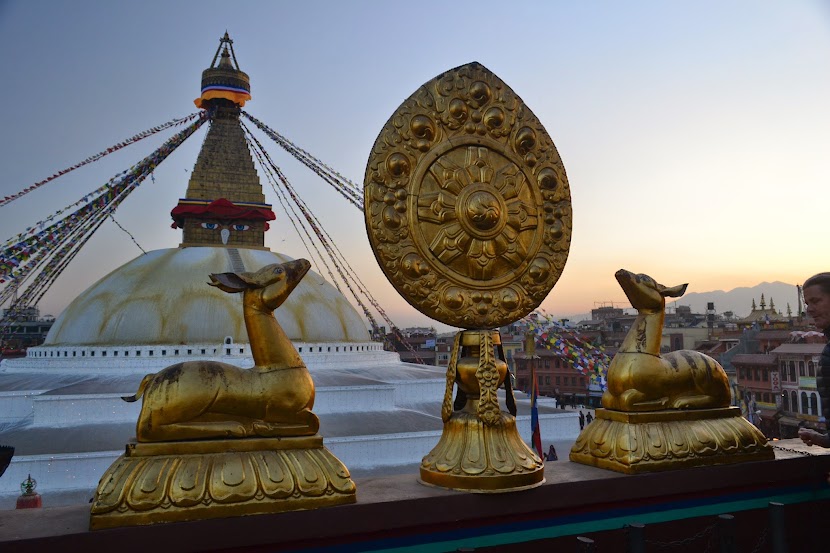| By Charles Haviland BBC News, Kathmandu |
A US TV presenter says he and his team have found a series of footprints in the Everest region of Nepal resembling descriptions of the mysterious Yeti. 
The presenter and his colleagues say they are "very excited", although they are not saying they definitely believe it is the mark of the Yeti.
Josh Gates and his crew work on a series called Destination Truth, which follows reports of fantastic creatures.
The footprints found on Wednesday have renewed Yeti excitement in Nepal.
Mr Gates said they had been searching by torchlight at night-time because, he said, alleged sightings of the yeti had usually taken place at night.
They did not see the so-called abominable snowman himself.
Three prints
But a Nepalese member of the team spotted three footprints and alerted Mr Gates, who told the BBC the first print was a "pristine" right paw mark, 33 cm (13 inches) long, with five toes in a wide spread of 25 cm.
There was also a heel print and another fainter one.
An excited Mr Gates described the main footprint as anthropomorphic, meaning it had human characteristics.
He said he did not believe the prints were man-made or that they came from a known animal such as a bear.
But he also said he was not sure he believed in the Yeti, and did not know what to make of it.
The team took castings of the three prints which will be examined by scientists in the US.
Scalp claim
Asked why there were only three prints, Mr Gates said the terrain, in a side valley about 2,800 metres (9,000 feet), was mainly rocky.
Reports of the mythical Yeti go back hundreds of years, and the creature is sometimes attributed with dangerous powers, sometimes protective ones.
One Buddhist monastery near Everest houses what some say is a Yeti skull or scalp; scientists who examined it declared that it was made from antelope skin, but other experts disagreed.
In the 1950s the British explorer Eric Shipton took photos of prints in the snow that some are convinced belong to the Yeti.
